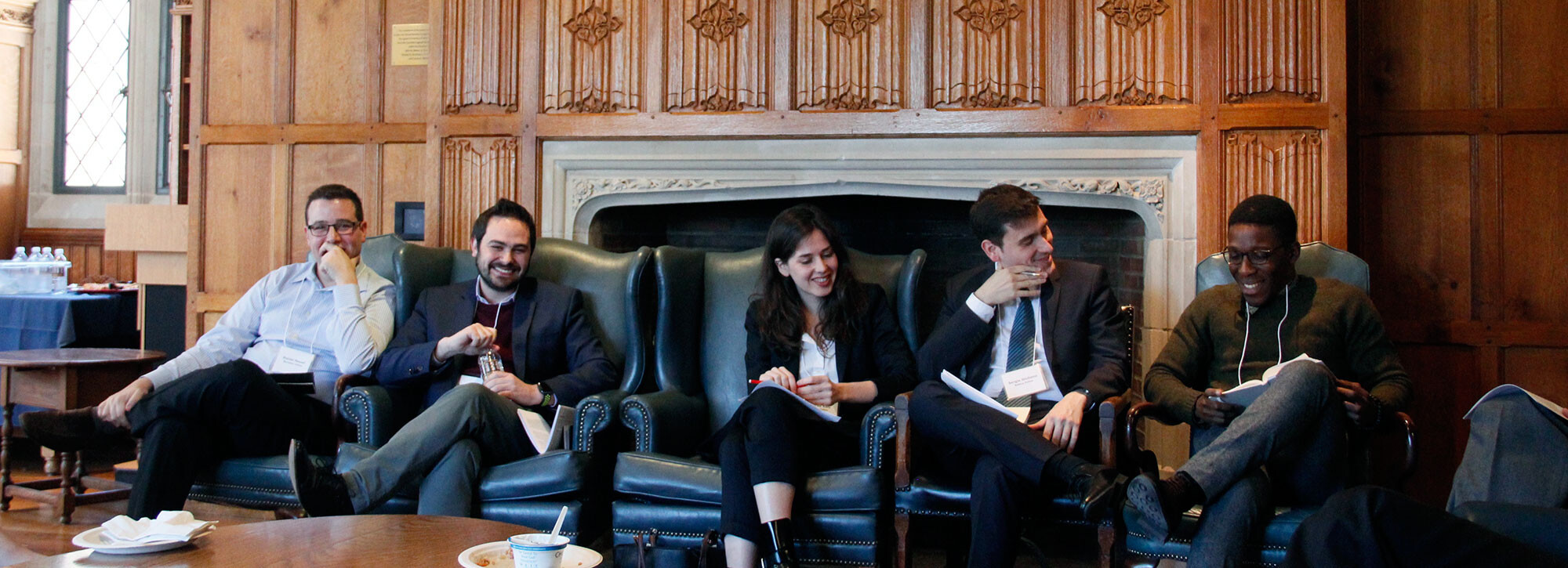The Robina Foundation Postgraduate Fellowships in International Human Rights enable two or three Yale Law School graduating students or recent graduates to devote up to a year to full-time human rights work, particularly foreign and international judicial clerkships, internships with international courts and tribunals and intergovernmental or governmental agencies, or independent human rights research.
The fellowships, supported by the Robina Foundation and administered by the Orville H. Schell, Jr. Center for International Human Rights at Yale Law School, allow recent graduates of the Law School to gain experience in international and foreign courts and other international institutions that address the promotion and protection of human rights or to carry out independent human rights research.
Eligibility and Application Requirements
The application deadline for Robina Fellowships beginning in the fall of 2025 is February 3, 2025, at 11:59 PM.
Only graduating students or recent graduates (within the last five years) of Yale Law School are eligible for the Robina Fellowship.
Applications for Robina Fellowships will be considered for experiences of six months to a year in a number of categories: judicial clerkships in international and foreign courts and tribunals with substantial responsibility for human rights issues; international criminal tribunal internships; internships with intergovernmental or governmental agencies concerned with human rights; and independent research on human rights topics. All host organizations must certify compliance with Yale Law School's nondiscrimination policy1. Proposals for human rights advocacy projects and internships are appropriate for the Bernstein Fellowship. The Robina Foundation Fellowship provides a one-year stipend of $55,000. The deadline to be considered for a fellowship beginning in the Fall of 2025 is February 3, 2025.
NOTE: The Legal Office of the World Food Program is interested in 2025 Schell Fellows, and applicants to the WFP must send a CV and cover letter to wfp.leginternship@wfp.org by January 3rd, 2025 (in addition to their Robina Fellowship application). For more information on the fellowship and how to apply, contact dina.haynes@yale.edu.
